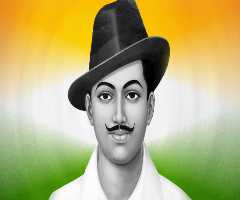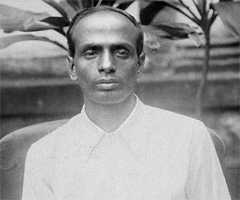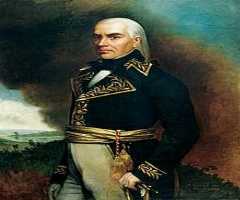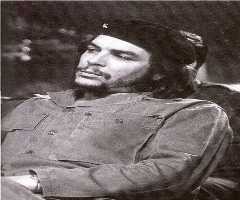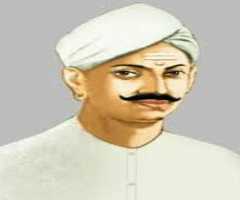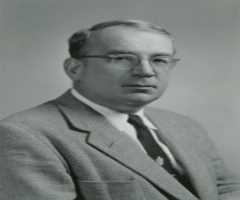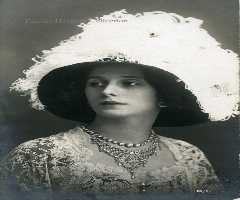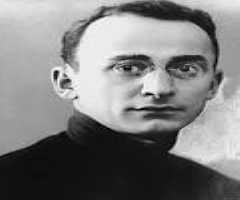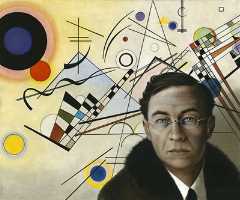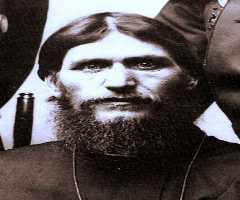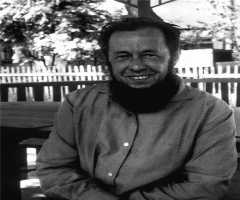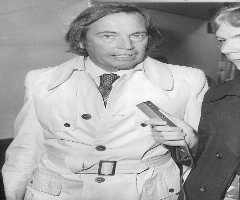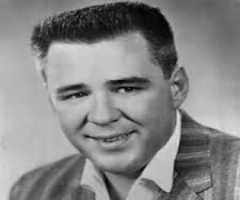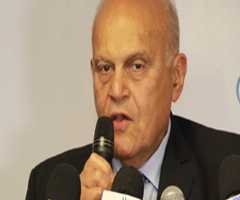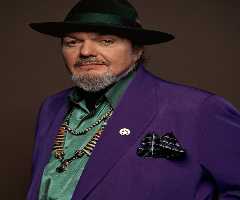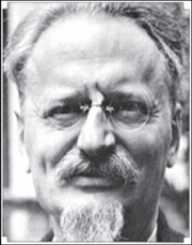
Leon Trotsky Biography, Life, Interesting Facts
Leon Trotsky and many of Lenin’s general staffs were charged with following Hitler’s program. Both are regarded as one of the notable Marxists of the 20th century. Leon devoted his entire life to international socialism as well as the working class cause. But life changed its meaning when he spent his first days in Siberian exile and prison. Reason being that he produced illegal leaflets.
From 1940 Leon toiled effortlessly for the revolutionary movement. He chaired the Commission of War that eventually helped to defeat the rules of Bolshevik principles. Even then, he wasn’t a regular visitor of Siberian exile. Trotsky was an influential analyst of the so-called the Stain-led government. His stance for leadership led to his early death in Mexico City.
Early and Childhood Life
On November 7, 1879, Lev Davidovich Bronstein was born in Russia, Ukraine in Kherson Oblast Province. His father, David Leontyevich was a Russified Jew. Leon showcased his intelligent mastery in her early school called Odesa and Mykolayiv. From the beginning, he was a star pupil. Around that time revolutionary activities began to take the cause in their area. He later joined political affairs in 1896 by joining a Mykolayiv circle, but he then converted to Marxism.
After a short stay at Odessa University, Leon Trotsky went back to Mykolayiv where he organized the Southern Russian Workers Union. As a result, he was arrested and exiled for years. In 1902 Leon managed to escape from Siberian exile when he fled to Europe, and he adopted the alias Trotsky. Here he joined with revolutionary legends such as Lenin, Martov and other Russian Social-Democrats. With his sense of naturally born brilliance, Leon rose to power in the form of leadership.
Later Life
In 1903 Leon Trotsky opposed the Bolsheviks and Lenin side. He opted to join the Mensheviks Congress. His independent nature kept him away from joining any other organization. He later went back to Russia where he became an active member in 1905 Revolution.
His political expertise began to show fruitful results when he chaired the Saint Petersburg Soviet of Workers Union. He was arrested and jailed in the mid of 1905 and was later exiled to Siberia. Leon used his hailed time to revise the haunts of revolution. He expressed his feelings and thoughts in two books; The Results and Prospects as well as The Permanent Revolution.
In 1907 Leon Trotsky escaped from Siberia and spent the next ten years defending his regime engagements and prospective ideas. He was in the middle by March Revolution in New York where he wrote for a Russian daily newspaper. He moved to Russia and joined St. Petersburg Soviet where he gained undefined popularity for being the most active participant. He was later elected to seat as the Central Committee of Bolshevik Party.
Acting as the priority in the Soviet government, Leon Trotsky governed the Commissar of foreign affairs position. He also managed to negotiate with the Germans, and in the end, they gained their rights as Russian citizens. He continued with his cry for justice by inspiring, creating as well as directing the Red Army that received positive acclaims in the civil war. This is what saved the revolution.
Trotsky backed Lenin’s leadership plan from the word go. But when he was eliminated due to stroke, Leon declined to take over. He was later removed from the Commissariat of War in 1925 and 1926 he was expelled from the Politburo.
Lenin died in 1924, and Stalin rules overpowered Leon Trotsky. He was forced to let go of his gubernatorial roles which subsequently led to his eviction from his native country. From 1925 to 1928 Trotsky was sent into exile. He went to spend his later years in France, Norway, and Turkey before settling in Mexico City. Here he continued to knock the Stalin regime down.
Leon’s Major Works
The Leon’s book ‘The History of Russian Revolution’ explained in detail the social, political and economic situation that led to the Russian Revolution. He has intensely described the rule of the monarchist government as well as the Lenin’s leadership. His autobiography Trotsky’s ‘My Life: An Attempt at an Autobiography’ is the first auto that was written by Bolshevik. He gathered words and later published his book while still in the Soviet Union. The autobiography highlighted the Stalinist rule and his life struggles.
Personal and Legacy
While on his term in jail Leon Trotsky married Aleksandra Sokolovskaya and they were blessed with two daughters, Nina and Zinaida. The marriage didn't live to tell its tales as the couple got divorced. His daughters went to live with his parents. He later met Natalia in 1902, and she became the second wife, till his demise. They were blessed with two children; Sergei and Lev Sedov both died in their middle age.
On August 20, 1940, Leon Trotsky was attacked by Ramon Mercader, Soviet secret police. Without mercy, Leon was injured several times, and he later succumbed due to a punctured skull. Above all Leon’s extraordinary life and extensive writings have undoubtedly left an enduring mark on the revolutionary awareness.
More Revolutionaries
More People From Ukraine
More People From Russia
-
![Anna Pavlova]()
Anna Pavlova
-
![Lavrentiy Beria]()
Lavrentiy Beria
-
![Wassily Kandinsky]()
Wassily Kandinsky
-
![Grigori Rasputin]()
Grigori Rasputin
-
![Aleksandr Isayevich Solzhenitsyn]()
Aleksandr Isayevich Solzhenitsyn
-
![Anna Kournikova]()
Anna Kournikova

